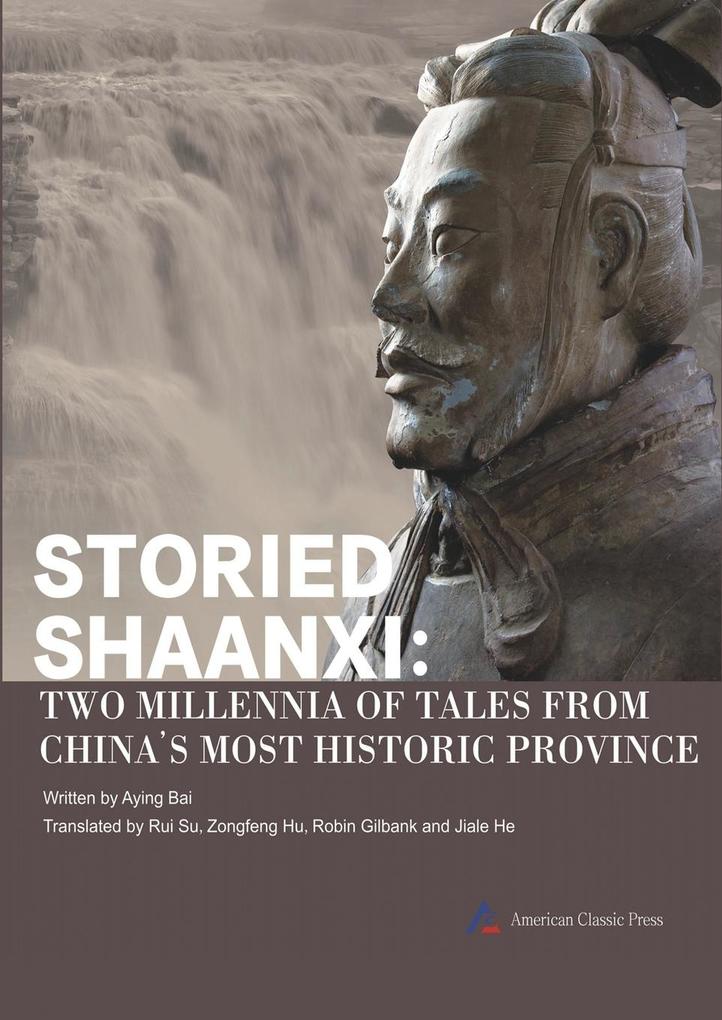
Zustellung: Fr, 04.07. - Mi, 09.07.
Versand in 2 Wochen
VersandkostenfreiBestellen & in Filiale abholen:
Aying Bai, who wrote under the pen name of Aying, was a notable polymath among the writers of Shaanxi Province in Northwest China. While best known for his cultural essays, in recent years he produced libretto for several staged operas and an acclaimed novel. The prominent literary critic Xing Li wrote that his prose exhibited "an unstinting confidence in national culture as well as his own firm stance on the populace and lofty ideals" (The Way of the Great Qin: A Profound Book Rooted in the Land of the Three Qin). Meanwhile, his close contemporary, the bestselling novelist Jia Pingwa, praised him for upholding the tradition of "delving deep into life and remaining rooted in the people."
The most characteristic of Aying's publications are his several volumes of essays on his home province of Shaanxi. These include The Way of the Great Qin and Dumplings My Mother Made, translations of which are featured in this collection. The Brush and Ink of Chang'an is a series of prose portraits of locally-based artists who established the so-called "Chang'an School of Painting" in Xi'an following the founding of the People's Republic of China in 1949. Also, writing for the stage, he produced the play Deep in the Qinling Mountains, a work with elements of history and fantasy, exploring the lives of inhabitants of the remote uplands to the south of Xi'an. The Good Wives of Mizhi and the Fine Husbands of Suide draws upon folklore and matrimonial rituals from northern Shaanxi, China.
The most characteristic of Aying's publications are his several volumes of essays on his home province of Shaanxi. These include The Way of the Great Qin and Dumplings My Mother Made, translations of which are featured in this collection. The Brush and Ink of Chang'an is a series of prose portraits of locally-based artists who established the so-called "Chang'an School of Painting" in Xi'an following the founding of the People's Republic of China in 1949. Also, writing for the stage, he produced the play Deep in the Qinling Mountains, a work with elements of history and fantasy, exploring the lives of inhabitants of the remote uplands to the south of Xi'an. The Good Wives of Mizhi and the Fine Husbands of Suide draws upon folklore and matrimonial rituals from northern Shaanxi, China.
Produktdetails
Erscheinungsdatum
01. Mai 2025
Sprache
englisch
Seitenanzahl
248
Autor/Autorin
Aying Bai, Rui Su, Zongfeng Hu
Verlag/Hersteller
Produktart
kartoniert
Gewicht
603 g
Größe (L/B/H)
297/210/13 mm
ISBN
9781967244003
Bewertungen
0 Bewertungen
Es wurden noch keine Bewertungen abgegeben. Schreiben Sie die erste Bewertung zu "Storied Shaanxi" und helfen Sie damit anderen bei der Kaufentscheidung.









